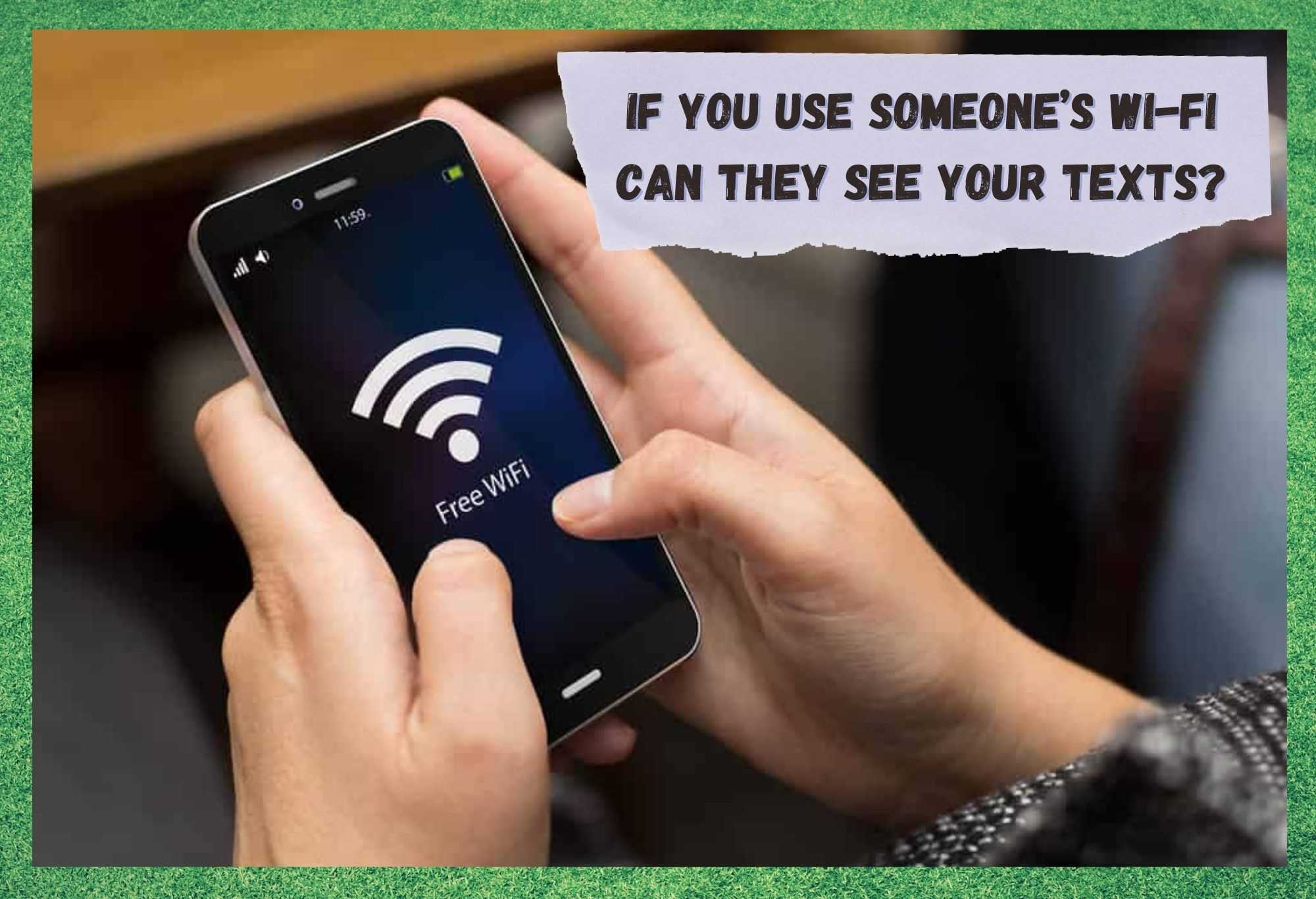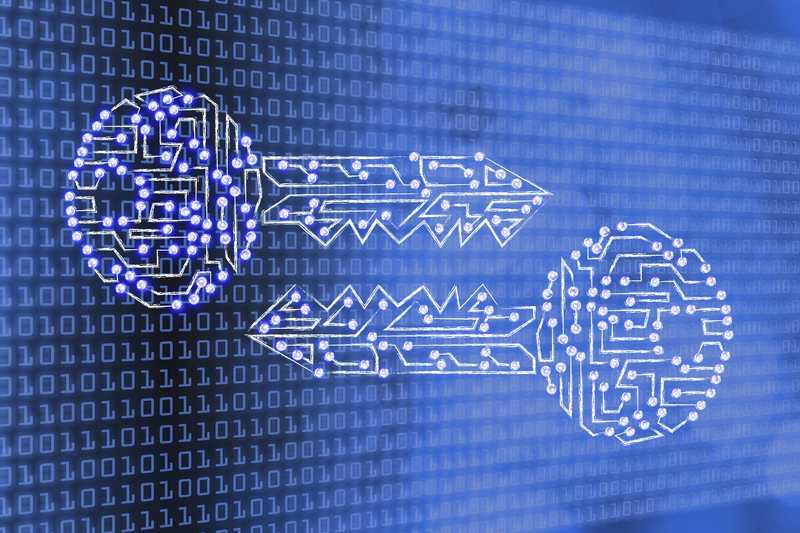
Not so long ago, having a decent connection to the internet was a pure luxury and something that was never to be taken for granted.
You’d plug in, wait for your computer to stop hissing and screaming at you, and then wait a decade or so for the page you were trying to access to load. Worse yet, if someone decided to make a phone call while that was all happening, your connection was done for! And it was expensive too!
Luckily, we have come a really long way since all of that. Nowadays, having a solid connection to the internet is all but guaranteed in most countries you will go to.
You can pretty much go to any café, type in the password for their Wi-Fi, and then either get some work done or scroll through social media for pictures of cute dogs. However, because so many of us are using public sources of Wi-Fi as we’re on the go, some interesting questions have popped up about how safe all of this actually is.
Given that we are also likely to disclose some form of personal information practically every time we are online, it can be useful to know how secure the connection you are using really is. For this reason, many of you have been asking us what kinds of details the network admin can access about you and your activities on their network.
Of course, not everyone will have the best of intentions, so it is good to know what’s what – even if it’s just for peace of mind. To put your mind at ease, we decided to put together everything you need to know on this. And here it is!
If You Use Someone’s Wi-Fi Can They See Your Texts?
The first thing that you should know about this is that it is indeed a real possibility that they could access your texts. However, it isn’t all that likely because there are quite a few conditions that need to be satisfied for them to have that kind of power.
The good news is that this isn’t exactly entry-level stuff that they would need to know, and it would be incredibly time-consuming to even do so.
Essentially, the network admin would need to have their stuff together enough that they would know how to get beyond end-to-end encryptions. These days, any messaging service worth its salt will be using this tech.
And better yet, this really works as a security measure. In fact, even your internet service provider will be able to access those conversations that are in encrypted apps.
One Condition To Look Out For
As with anything tech-related, there are always exception that need to be paid due diligence. In this case, the thing that we need to draw your attention to is remote access software. These basically allow for another person to view exactly what you are seeing on their own screen.
So, they are quite useful for services that diagnose tech issues for people remotely. However, they can also be easily deployed for far more nefarious purposes.
Therefore, if you are really concerned about your online privacy while using public networks, we would definitely recommend that you remove any such app that has the capability to share your screen to another computer.
How Does End-to-End Encryption Work?
Though this terminology has become more and more prevalent as messaging services use it, it’s not exactly common knowledge how it works. Basically, all that it means is that every text that you send from an end-to-end encryption service on your phone will be encrypted (scrambled, for want of a better word).
The message will then be sent in the form of absolutely garbled nonsense. Then, when the message is received by the designated recipient, only then will it be decrypted. So, it’s both simple and effective at the same time and can really put your mind at ease when it comes to your privacy.
If you happen to be using a messaging service that uses this technology, you can rest assured that what you are sending is very unlikely to be seen by anyone that it wasn’t intended for.
Better news again, this privacy will also extend to both your internet service provider and the person who is acting as the admin of the network you are using. In fact, even the app developers won’t have access to your messages.
What About The Risks Associated With Screen Sharing?
Really, the only things that you should be concerned about are sending highly personalised data over a service that doesn’t use end-to-end encryption. Either that, or if you happen to have screen sharing enabled on any of the various apps that allow for it.
Since the messages you are sending are highly likely to be being encrypted on your end before they are sent, these are safe.
Since it is incredibly unlikely that anyone is accessing this data who is able to decrypt it, this only leaves the door open for the possibility that someone may be viewing your screen remotely. You should always make sure that you do not have this feature enabled while using a network that you don’t entirely trust.
That way, there will be zero margin for error, and you can relax. And that’s about all you have to concern yourself with, really. Once you have those things taken care of, you will most likely be fine.

